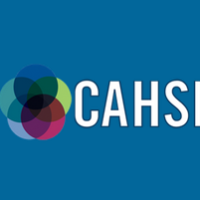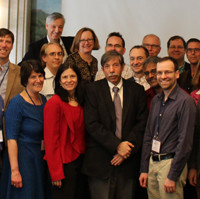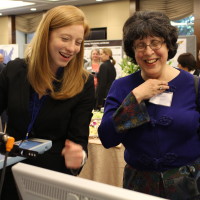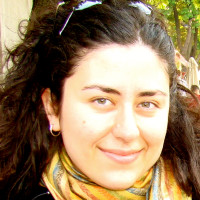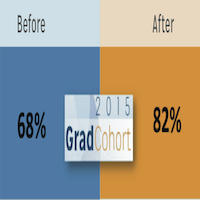NSF Co-leads the National Strategic Computing Initiative (NSCI)
President Obama issued an executive order on July 30, 2015 creating a National Strategic Computing Initiative (NSCI) to ensure that the United States continues its leadership in high-performance computing over the coming decades. NSF is proud to serve as one of the three lead agencies for the NSCI, working alongside the Department of Energy (DOE) and the Department of Defense (DOD).



